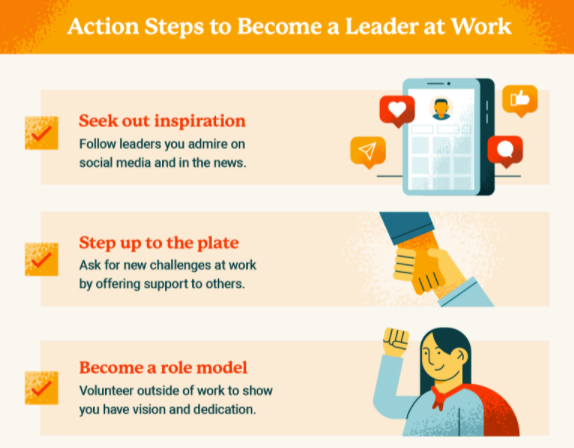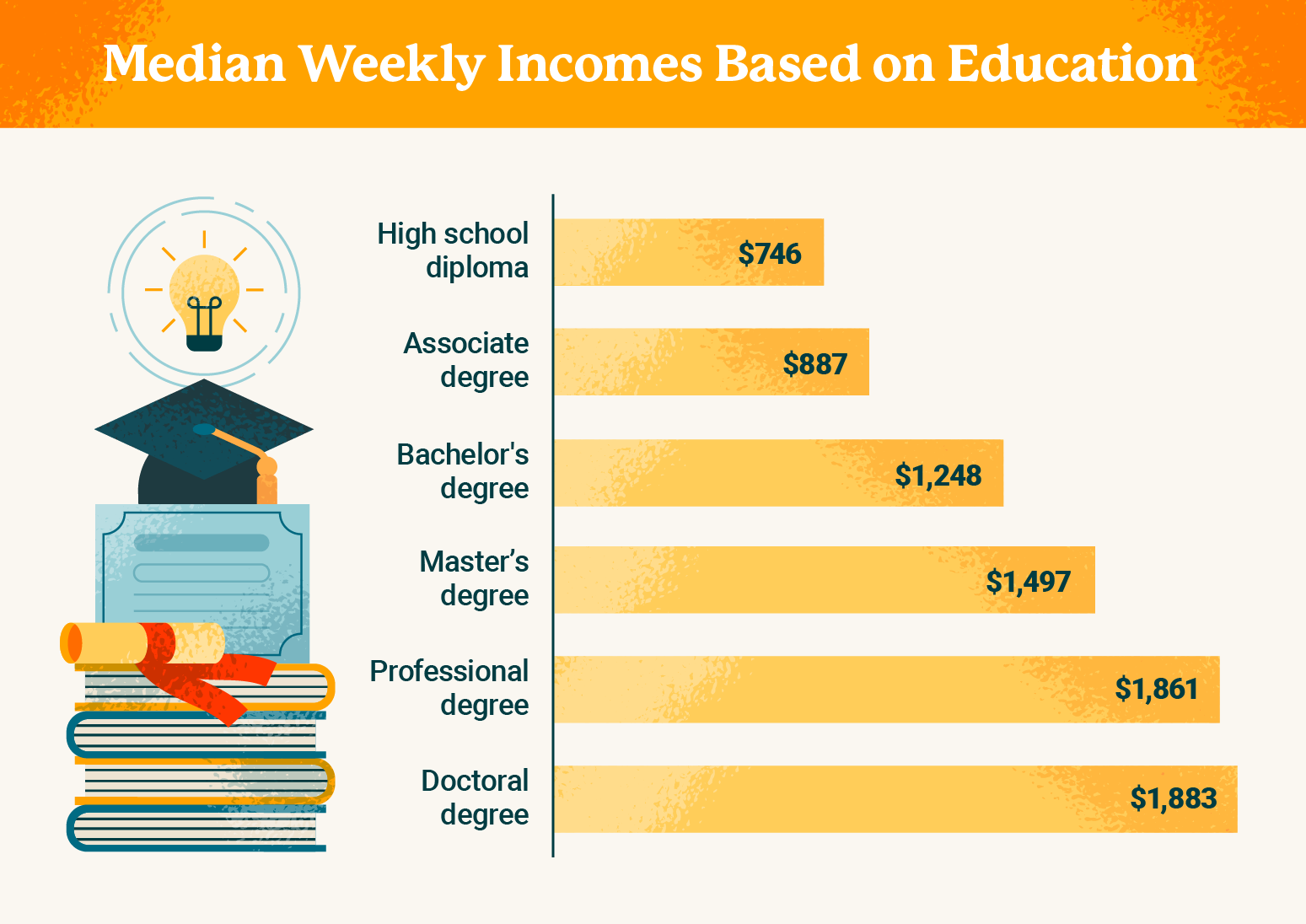Getting Ahead: The Benefits of Career Planning

It’s human nature to desire moving forward in the workplace: whether it’s pining for that new promotion or simply applying for your first job in a new field, humans are driven by success. That’s why career planning should be a top priority for anyone in the workforce.
As you go about your occupational journey, staying one step ahead of the process is the key to success. After all, glory doesn’t come overnight. Your career goals can only be met through working hard and planning harder. In this article, we’ll be listing some of the benefits of career planning, along with tips to help you on your way. With some words of inspiration and a few key things to remember, you’ll be en route to occupational success!
Career planning helps you make connections
It goes without saying that networking is one of the main benefits of any career path. However, planning to get these connections is a big part of networking success. By working on things like proper interview etiquette, fostering work relationships, and maintaining a professional persona in the workplace, you’ll be setting yourself up for career advancement.
Career planning sets you up for future opportunities
One of the most exciting parts of being in the workplace is the opportunities you may be able to take advantage of. Think about your career goals: is there anything you would want to do within your field? What about outside of it? As you plan your career path, think about the prospective opportunities that excite you, and plan to set aside time to pursue them. Furthermore, it’s wise to look at the other opportunities your prospective workplace may provide: relocation, special events and classes, leadership/mentorship programs, and anything related to professional development. By planning on pursuing these opportunities, you’ll be setting yourself up to thrive in your career position and beyond.
Career planning gives you a financial boost
Finally, it’s a no-brainer that advancing in your career means an advance in salary. Whenever you’re planning your career journey, take into account some of the financial means it may take to get ahead. For example, the chart below shows that investing time and money in education has a direct impact on the average American’s salary, with more education resulting in more money coming in. While getting an education isn’t a make-or-break for your career, planning the necessary resources to get a higher level of education helps your career advancement.
Here are some tips for career planning
Now that you know the benefits of career planning, it’s time to hit the ground running. While success isn’t an overnight gig, planning ahead and working hard now will ensure your success arrives sooner rather than later. Not sure where to start? Here are a few tips for getting started:
- Define your career goals by writing down your professional aspirations
- Invest in an education, whether it’s getting a specific certification or degree
- Explore mentorships within your discipline to gain insight as to how to advance in your field
- Start networking early through your job or through online media (like LinkedIn) to make connections at specific companies or disciplines that interest you
- Plan on being bold, putting yourself out there, and tackling tasks head-first





You must be logged in to post a comment.